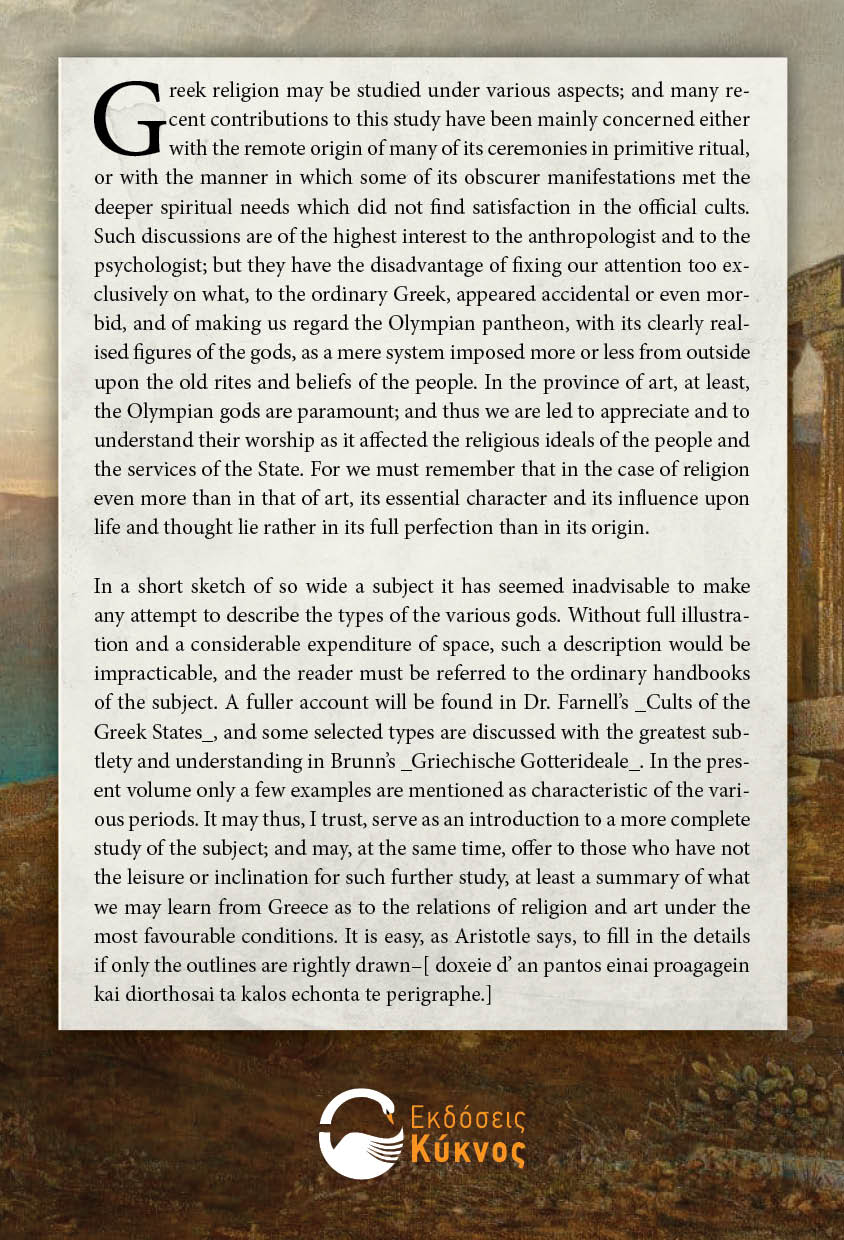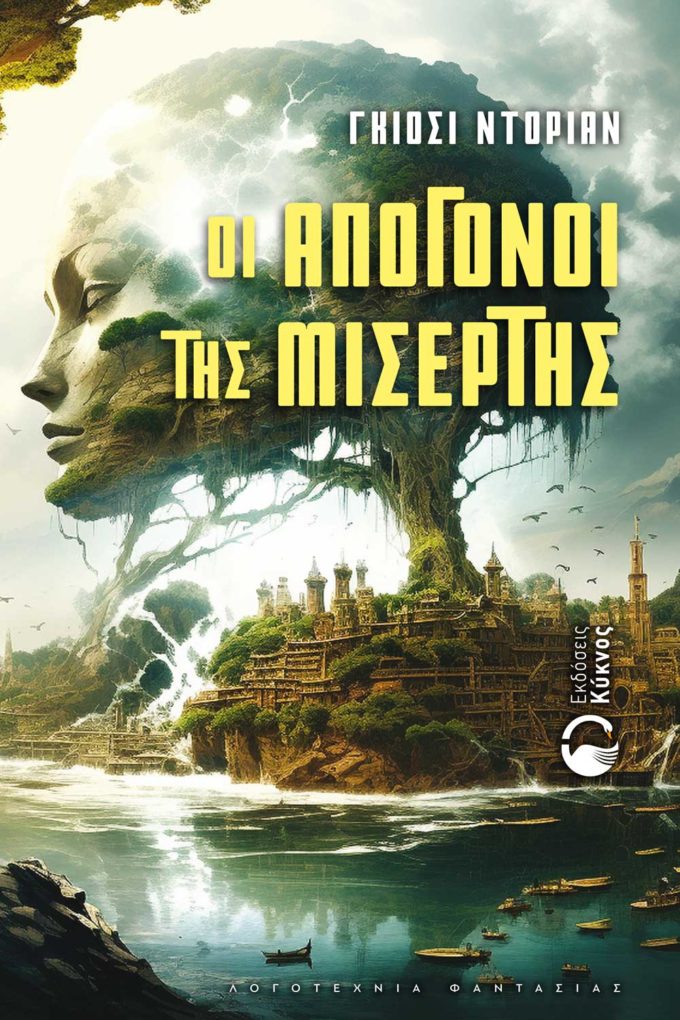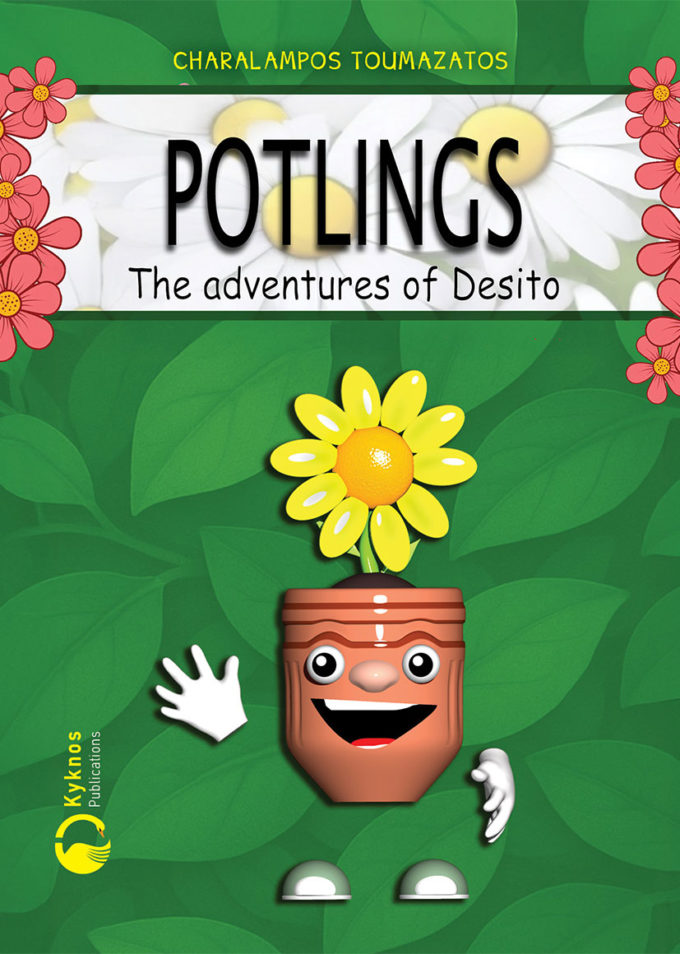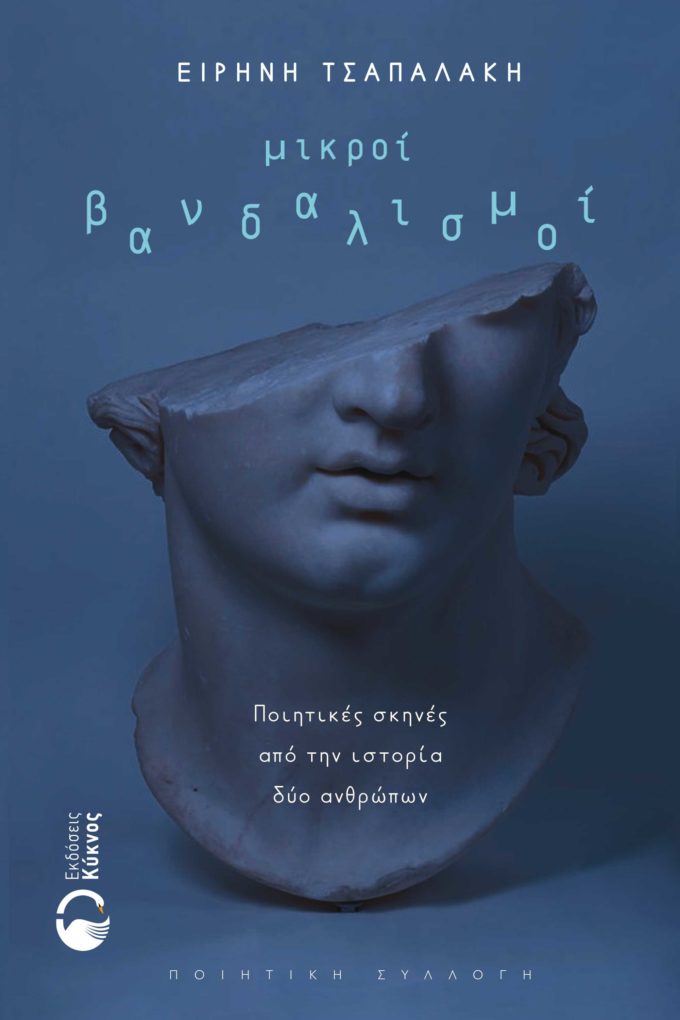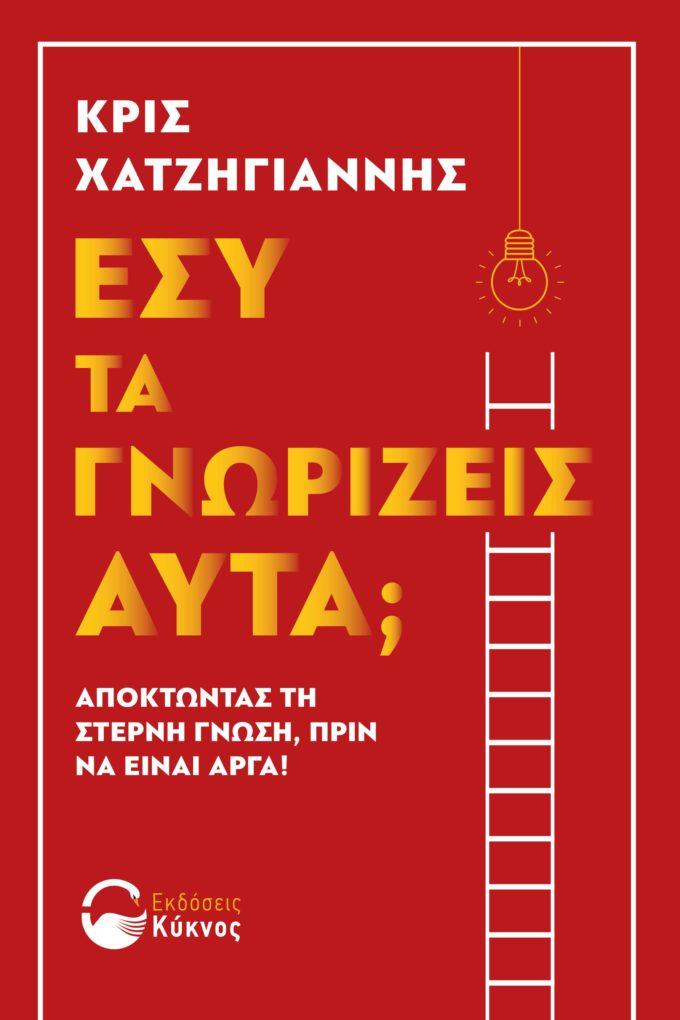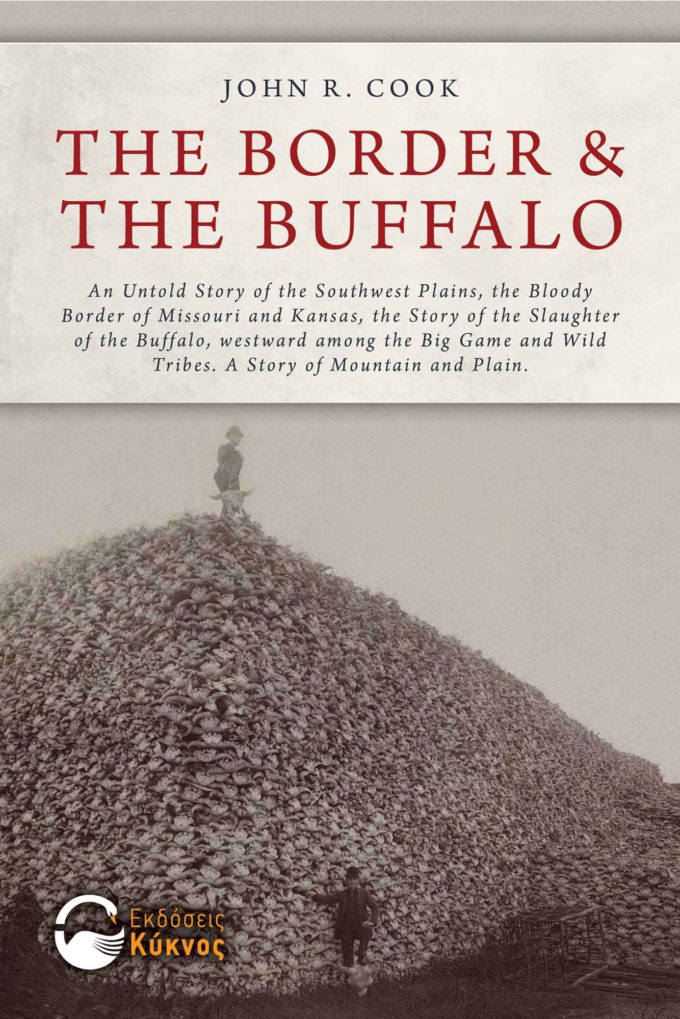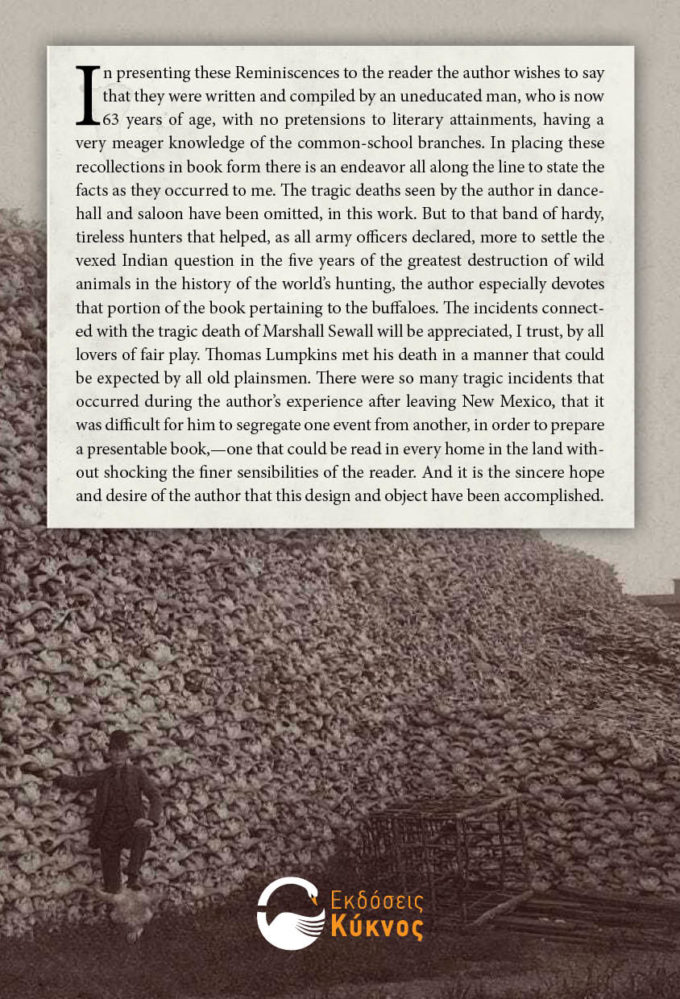Religon and Art in Ancient Greece (ebook)
Διατίθεται σε Ebook
Greek religion may be studied under various aspects; and many recent contributions to this study have been mainly concerned either with the remote origin of many of its ceremonies in primitive ritual, or with the manner in which some of its obscurer manifestations met the deeper spiritual needs which did not find satisfaction in the official cults. Such discussions are of the highest interest to the anthropologist and to the psychologist; but they have the disadvantage of fixing our attention too exclusively on what, to the ordinary Greek, appeared accidental or even morbid, and of making us regard the Olympian pantheon, with its clearly realised figures of the gods, as a mere system imposed more or less from outside upon the old rites and beliefs of the people. In the province of art, at least, the Olympian gods are paramount; and thus we are led to appreciate and to understand their worship as it affected the religious ideals of the people and the services of the State. For we must remember that in the case of religion even more than in that of art, its essential character and its influence upon life and thought lie rather in its full perfection than in its origin.
In a short sketch of so wide a subject it has seemed inadvisable to make any attempt to describe the types of the various gods. Without full illustration and a considerable expenditure of space, such a description would be impracticable, and the reader must be referred to the ordinary handbooks of the subject. A fuller account will be found in Dr. Farnell’s _Cults of the Greek States_, and some selected types are discussed with the greatest subtlety and understanding in Brunn’s _Griechische Gotterideale_. In the present volume only a few examples are mentioned as characteristic of the various periods. It may thus, I trust, serve as an introduction to a more complete study of the subject; and may, at the same time, offer to those who have not the leisure or inclination for such further study, at least a summary of what we may learn from Greece as to the relations of religion and art under the most favourable conditions. It is easy, as Aristotle says, to fill in the details if only the outlines are rightly drawn–[ doxeie d’ an pantos einai proagagein kai diorthosai ta kalos echonta te perigraphe.]
Περιγραφή
Greek religion may be studied under various aspects; and many recent contributions to this study have been mainly concerned either with the remote origin of many of its ceremonies in primitive ritual, or with the manner in which some of its obscurer manifestations met the deeper spiritual needs which did not find satisfaction in the official cults. Such discussions are of the highest interest to the anthropologist and to the psychologist; but they have the disadvantage of fixing our attention too exclusively on what, to the ordinary Greek, appeared accidental or even morbid, and of making us regard the Olympian pantheon, with its clearly realised figures of the gods, as a mere system imposed more or less from outside upon the old rites and beliefs of the people. In the province of art, at least, the Olympian gods are paramount; and thus we are led to appreciate and to understand their worship as it affected the religious ideals of the people and the services of the State. For we must remember that in the case of religion even more than in that of art, its essential character and its influence upon life and thought lie rather in its full perfection than in its origin.
In a short sketch of so wide a subject it has seemed inadvisable to make any attempt to describe the types of the various gods. Without full illustration and a considerable expenditure of space, such a description would be impracticable, and the reader must be referred to the ordinary handbooks of the subject. A fuller account will be found in Dr. Farnell's _Cults of the Greek States_, and some selected types are discussed with the greatest subtlety and understanding in Brunn's _Griechische Gotterideale_. In the present volume only a few examples are mentioned as characteristic of the various periods. It may thus, I trust, serve as an introduction to a more complete study of the subject; and may, at the same time, offer to those who have not the leisure or inclination for such further study, at least a summary of what we may learn from Greece as to the relations of religion and art under the most favourable conditions. It is easy, as Aristotle says, to fill in the details if only the outlines are rightly drawn--[ doxeie d' an pantos einai proagagein kai diorthosai ta kalos echonta te perigraphe.]
Βιογραφικό Συγγραφέα
Βιογραφικό Συγγραφέα
Ernest Arthur Gardner was an English archaeologist who served as the director of the British School at Athens in the late 19th century. Gardner was especially interested in Ancient Greece and wrote many books on it. Gardner’s best-known work is Religion and Art in Ancient Greece.
Τιμή εκδότη: 4,50€
Greek religion may be studied under various aspects; and many recent contributions to this study have been mainly concerned either with the remote origin of many of its ceremonies in primitive ritual, or with the manner in which some of its obscurer manifestations met the deeper spiritual needs which did not find satisfaction in the official cults. Such discussions are of the highest interest to the anthropologist and to the psychologist; but they have the disadvantage of fixing our attention too exclusively on what, to the ordinary Greek, appeared accidental or even morbid, and of making us regard the Olympian pantheon, with its clearly realised figures of the gods, as a mere system imposed more or less from outside upon the old rites and beliefs of the people. In the province of art, at least, the Olympian gods are paramount; and thus we are led to appreciate and to understand their worship as it affected the religious ideals of the people and the services of the State. For we must remember that in the case of religion even more than in that of art, its essential character and its influence upon life and thought lie rather in its full perfection than in its origin.
In a short sketch of so wide a subject it has seemed inadvisable to make any attempt to describe the types of the various gods. Without full illustration and a considerable expenditure of space, such a description would be impracticable, and the reader must be referred to the ordinary handbooks of the subject. A fuller account will be found in Dr. Farnell’s _Cults of the Greek States_, and some selected types are discussed with the greatest subtlety and understanding in Brunn’s _Griechische Gotterideale_. In the present volume only a few examples are mentioned as characteristic of the various periods. It may thus, I trust, serve as an introduction to a more complete study of the subject; and may, at the same time, offer to those who have not the leisure or inclination for such further study, at least a summary of what we may learn from Greece as to the relations of religion and art under the most favourable conditions. It is easy, as Aristotle says, to fill in the details if only the outlines are rightly drawn–[ doxeie d’ an pantos einai proagagein kai diorthosai ta kalos echonta te perigraphe.]
Βιογραφικό Συγγραφέα
Ernest Arthur Gardner was an English archaeologist who served as the director of the British School at Athens in the late 19th century. Gardner was especially interested in Ancient Greece and wrote many books on it. Gardner’s best-known work is Religion and Art in Ancient Greece.



